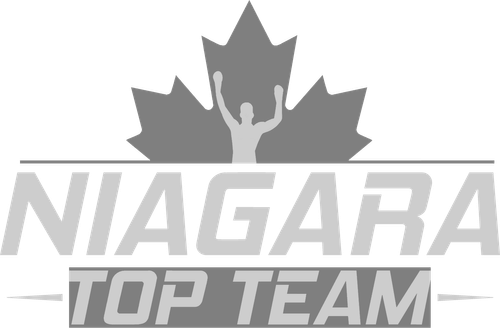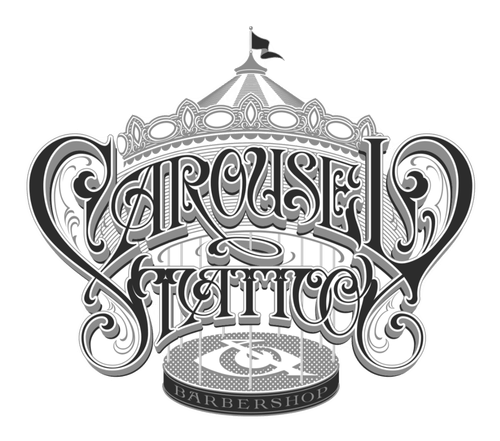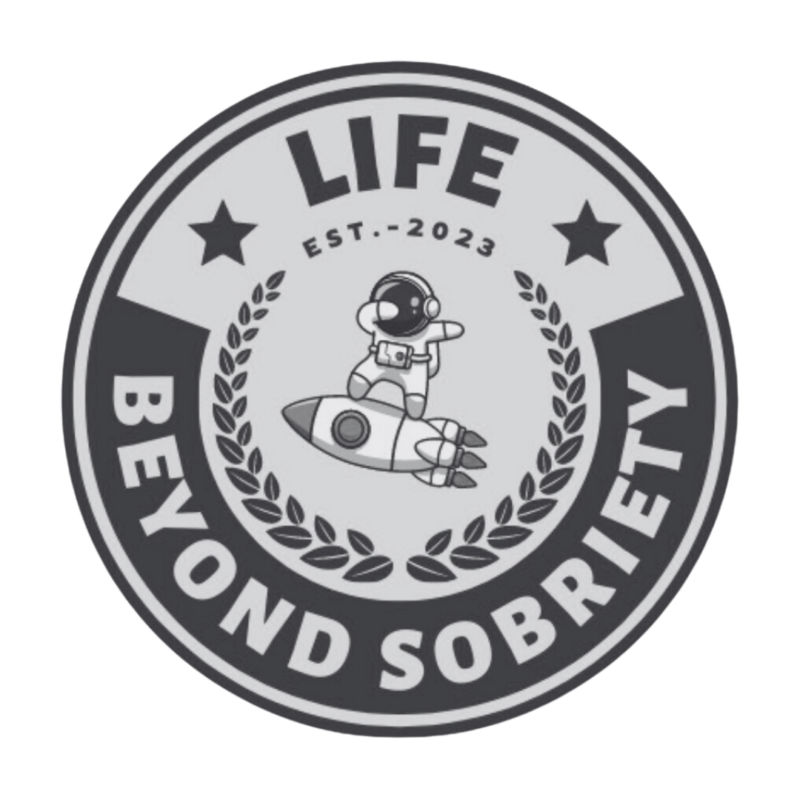Getting Help for Addiction
The landscape of addiction treatment in Ontario is evolving, with centers like Twelve Mile Recovery pioneering holistic methods. Unlike traditional models that focus solely on physical withdrawal, holistic approaches address mental, emotional, and spiritual well-being. By integrating various therapies, individuals receive comprehensive care tailored to their multifaceted needs.
A unique aspect of the holistic approach is its emphasis on healing the whole person. This encompasses psychological therapies, mindfulness practices, and physical activities such as yoga and martial arts. Such integration allows individuals to explore deep-rooted issues and fosters resilience, self-discipline, and emotional regulation.
Trauma-Informed Care Practices
Ontario addiction treatment centres like Twelve Mile Recovery recognize the critical role trauma often plays in addiction. Trauma-informed care ensures that treatment is sensitive to past trauma, creating a safe, supportive environment. This approach helps individuals feel understood and secure, which is essential for genuine healing.
By understanding the impact of trauma on behavior and emotions, treatment centers can better address the root causes of addiction. This method empowers individuals to process their experiences and develop healthier coping mechanisms, leading to sustainable recovery.
Through collaborative and empathetic care, trauma-informed practices offer invaluable support. They guide individuals in rebuilding trust and establishing a sense of agency over their recovery journey.
Evidence-Based Therapies and Techniques
At the forefront of addiction treatment, Twelve Mile Recovery utilizes evidence-based therapies to ensure effective outcomes. These therapies include cognitive-behavioral therapy (CBT), motivational interviewing, and other scientifically validated methods. Such approaches have been shown to decrease relapse rates and improve mental health significantly.
Incorporating these techniques into the treatment regimen, centers can provide tailored interventions for each client. These interventions help individuals recognize negative thought patterns and replace them with constructive strategies. The result is enhanced self-awareness and emotional regulation, which are pivotal for long-term sobriety.
By grounding treatment in evidence, these centers ensure that clients receive care that is not only compassionate but also proven to be effective.
The Role of Personal Experience in Recovery
Personal experience plays a significant role in the philosophy of Twelve Mile Recovery. The center’s founders and staff, having walked the path of recovery themselves, offer invaluable insights into the journey toward sobriety. This lived experience fosters empathy and a deeper understanding between staff and clients.
Clients often find comfort and inspiration in knowing that their caregivers have faced similar struggles and have emerged stronger. This connection can be a powerful motivator, showing clients that recovery is not only possible but achievable.
Community Support and Peer Engagement
Twelve Mile Recovery places a strong emphasis on community support, recognizing its importance in the recovery process. Group therapy sessions and peer support groups create a sense of belonging and shared purpose. This communal environment provides encouragement and accountability, vital components of sustained recovery.
Engagement with peers who understand the challenges of addiction fosters mutual support and shared learning. These interactions build confidence, reduce feelings of isolation, and encourage open communication.
The sense of community developed within these centers helps bridge the gap between treatment and everyday life, offering ongoing support beyond the treatment period.
Through these supportive networks, individuals are more likely to remain committed to their sobriety and continue their recovery journey with confidence.
Physical Wellness as a Foundation for Recovery
The integration of physical wellness programs is a significant element of treatment at Twelve Mile Recovery. Physical activities such as yoga, mindfulness exercises, and martial arts are incorporated to enhance physical and mental health. These activities not only improve fitness but also instill discipline, focus, and emotional resilience.
Exercise is a powerful tool in addiction recovery as it releases endorphins, which can alleviate stress and depression. This natural boost enhances overall mood and well-being, providing a positive outlet for emotions and stress management.
Personalized Treatment Plans
Recognizing that each individual’s journey to recovery is unique, Twelve Mile Recovery offers personalized treatment plans. These plans are carefully crafted based on the specific needs and experiences of each client. By considering factors such as mental health, lifestyle, and personal goals, treatment becomes more effective and client-centered.
Personalization ensures that individuals receive the most appropriate interventions and support. This approach not only increases engagement and compliance but also results in better outcomes as clients feel their personal journey is acknowledged and respected.
Tailoring treatment to individual needs underscores the commitment to providing compassionate and effective care, fostering a sense of empowerment and ownership over one’s recovery.
Virtual Treatment Options
In response to the increasing demand for accessible care, Twelve Mile Recovery offers virtual treatment programs. These online sessions provide flexibility for individuals who may face challenges attending in-person treatment due to geographic or personal constraints. Virtual programs ensure that support is available to anyone, regardless of location.
The convenience and accessibility of virtual treatment allow clients to continue their recovery journey without interruption. These programs maintain the rigorous standards of traditional in-person treatment, offering therapy, support groups, and educational resources.
Virtual treatment expands the reach of Ontario addiction treatment centres, making recovery support more inclusive and adaptable to diverse needs.
Importance of Testimonials and Feedback in Recovery
Testimonials from past clients play an essential role in the recovery journey at Twelve Mile Recovery. These stories of transformation provide hope and illustrate the profound impact of comprehensive care. Feedback also informs ongoing improvements in treatment approaches and services.
Hearing from others who have successfully navigated their recovery can inspire and motivate those currently in treatment. It reassures them that change is possible and that they are not alone in their struggles.
This sharing of experiences fosters a supportive community and enhances the therapeutic environment, enriching the overall treatment experience for all involved.
Is rehab covered by OHIP in Ontario?
OHIP, or the Ontario Health Insurance Plan, typically covers some aspects of addiction treatment provided by publicly funded hospitals and treatment facilities. However, for services offered by private centers, such as Twelve Mile Recovery, OHIP coverage may not apply, though some private insurance plans may cover parts of the treatment. It’s important for individuals to consult with their insurance provider to understand what services are covered. If you’re considering treatment, understanding your coverage options can help alleviate financial concerns and allow you to focus on recovery. What are your expectations when exploring treatment coverage?
How much does rehab cost in Ontario?
The cost of rehab in Ontario can vary greatly depending on the type of facility and services offered. Private centers like Twelve Mile Recovery may have different pricing structures based on the level and duration of treatment. Some facilities offer sliding scale fees or payment plans to make treatment more accessible. It’s worthwhile to directly contact the treatment center for specific cost information and to explore options for financial assistance or insurance coverage. Have you considered the financial planning needed for starting a treatment program?
What happens after addiction treatment?
Completing an addiction treatment program is a significant milestone, but recovery is an ongoing process. After treatment, continuing care options such as outpatient counseling, peer support groups, and community engagement play crucial roles. Twelve Mile Recovery emphasizes the importance of aftercare to sustain sobriety, offering support that helps clients transition back to everyday life. Maintaining a connection with the recovery community can provide ongoing encouragement and accountability. How do you plan to continue engaging with support networks post-treatment?
What is the purpose of addiction support groups?
Addiction support groups offer a sense of community and shared understanding, which is vital in recovery. At Twelve Mile Recovery, these groups provide a safe space to share experiences, challenges, and successes. Participating in such groups can reduce feelings of isolation and help individuals learn from others with similar struggles. This peer support fosters motivation and accountability, both key components in maintaining sobriety. Are you actively participating in any support groups, and how has that impacted your recovery journey?
Why is trauma-informed care important in addiction treatment?
Trauma-informed care is crucial because it addresses the underlying causes of addiction, often rooted in past trauma. By understanding these connections, treatment centers like Twelve Mile Recovery provide more effective and empathetic support. This approach helps rebuild trust and encourages individuals to process their trauma constructively. Overall, trauma-informed care can lead to more sustainable recovery outcomes. Have you explored how your past experiences might influence your addiction and recovery journey?
What are the benefits of virtual treatment options?
Virtual treatment options offer flexibility and accessibility, crucial for individuals who may face barriers to attending in-person sessions. At Twelve Mile Recovery, these programs maintain the quality and rigor of traditional treatment, providing therapy and support from the comfort of one’s own home. This can be particularly beneficial for those living in remote areas or with scheduling challenges. By embracing virtual treatment, individuals can access necessary support regardless of location. How do you think virtual options could fit into your current lifestyle?
Resources
- Centre for Addiction and Mental Health (CAMH) – CAMH is Canada’s largest mental health teaching hospital and one of the world’s leading research centers in its field.
- Substance Abuse and Mental Health Services Administration (SAMHSA) – SAMHSA is the agency within the U.S. Department of Health and Human Services that leads public health efforts to advance the behavioral health of the nation.
- National Institutes of Health (NIH) – NIH is the primary agency of the United States government responsible for biomedical and public health research.
- American Psychiatric Association – The APA is the leading psychiatric organization in the world, with more than 38,800 members.
- National Alliance on Mental Illness (NAMI) – NAMI is the largest grassroots mental health organization dedicated to building better lives for the millions of Americans affected by mental illness.












